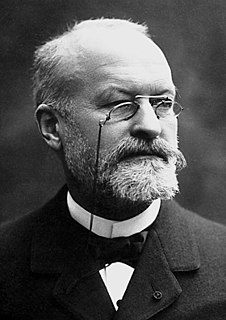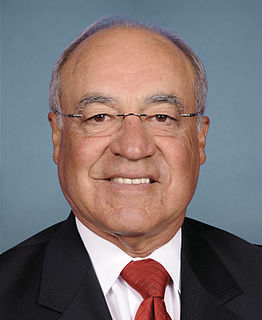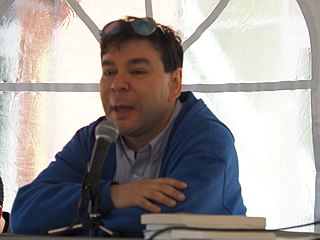A Quote by Andrew Lansley
The vast majority of people who speak to me say they have had brilliant care. When they are critical, their concern tends not to be directed at the medical side but the ancillary things that surround it, such as helping patients to eat meals, cleanliness, and making sure that when patients have a problem, they are listened to.
Related Quotes
One of the most appalling comments on our present way of life is that at one time half of all the beds in our hospitals were reserved for patients with nervous and mental troubles, patients who had collapsed under the crushing burden of accumulated yesterdays and fearful tomorrows. Yet a vast majority of those people would be walking the streets today, leading happy, useful lives — if they had only heeded the words of Jesus: “Have no anxiety about the morrow”; or the words of Sir William Osler: "Live in day-tight compartments."
Pretty much everybody knows there are not enough organs for all of those patients who need to get transplants, and what happens is, is that organs are actually directed in liver transplantation to those patients who are the sickest. So the patients who have the greatest chance of dying in the next three months or so are the ones who get the priority for the liver transplant.
I am a spiritual person. I'm a Catholic. I treat my patients, the dead patients, as live patients. I believe there is life after death. And I talk to my patients. I talk to them, not loudly but quietly in my heart when I look at them. Before I do an autopsy, I must have a visual contact with the face.
Money spent on vegetative patients is money not spent on preventive care, such as flu shots and mammograms. Each night in an ICU bed for such patients is a night that another patient with a genuine prognosis for recovery is denied such high-end care. Every dollar exhausted on patients who will never wake up again is a dollar not devoted to finding a cure for cancer.

































